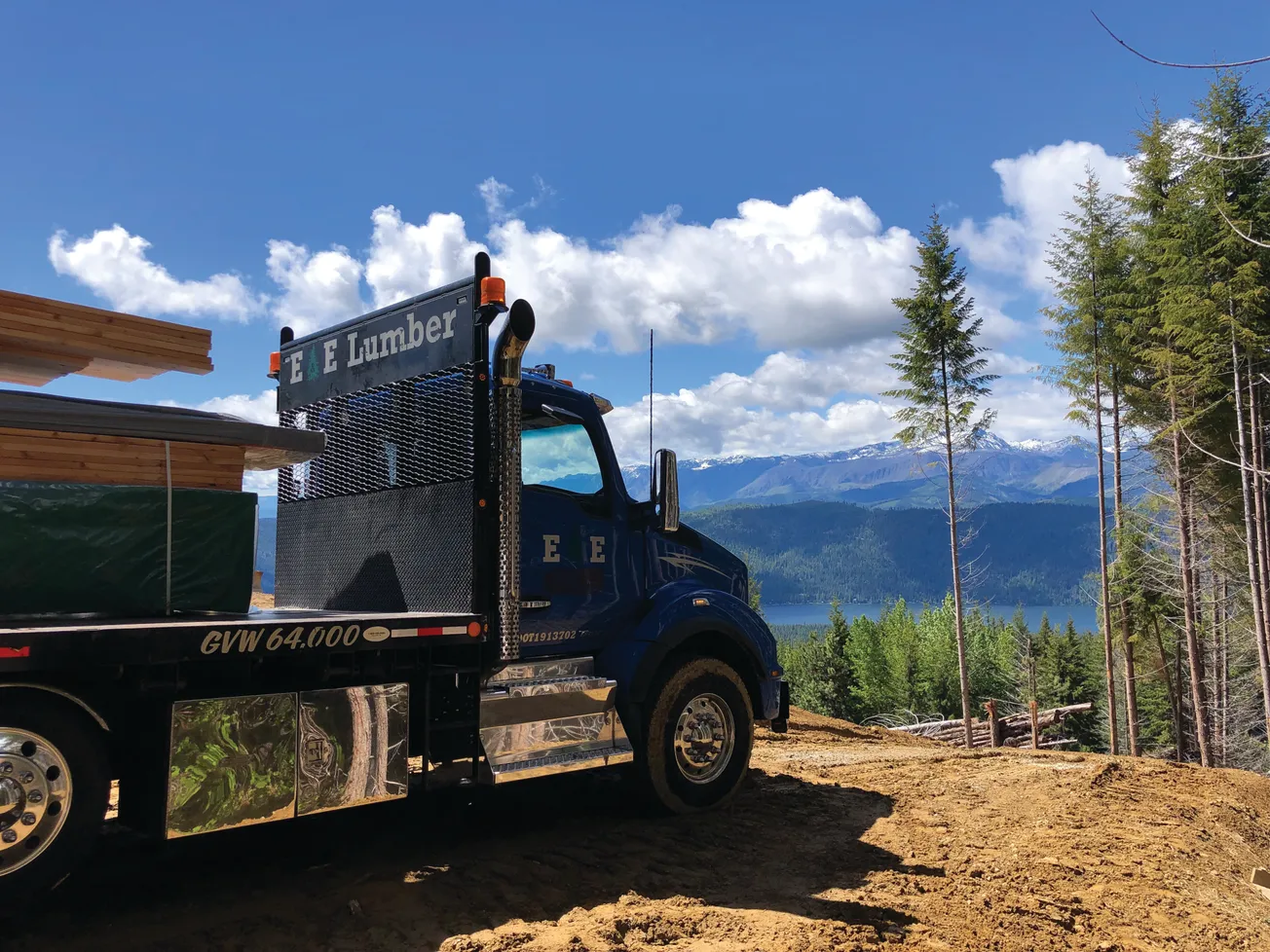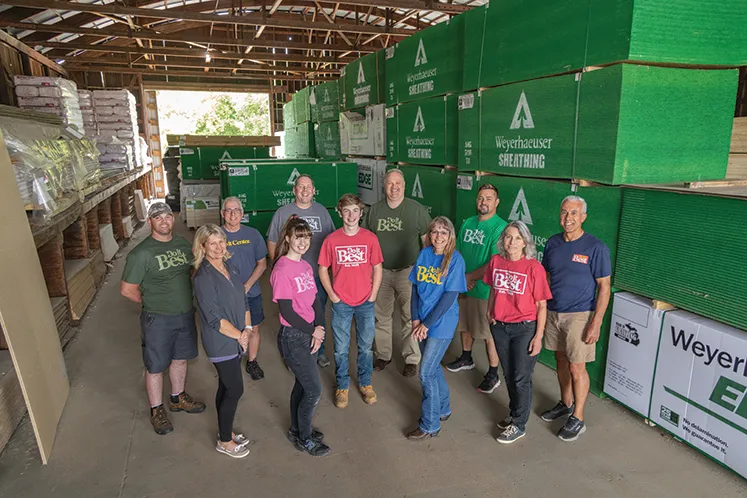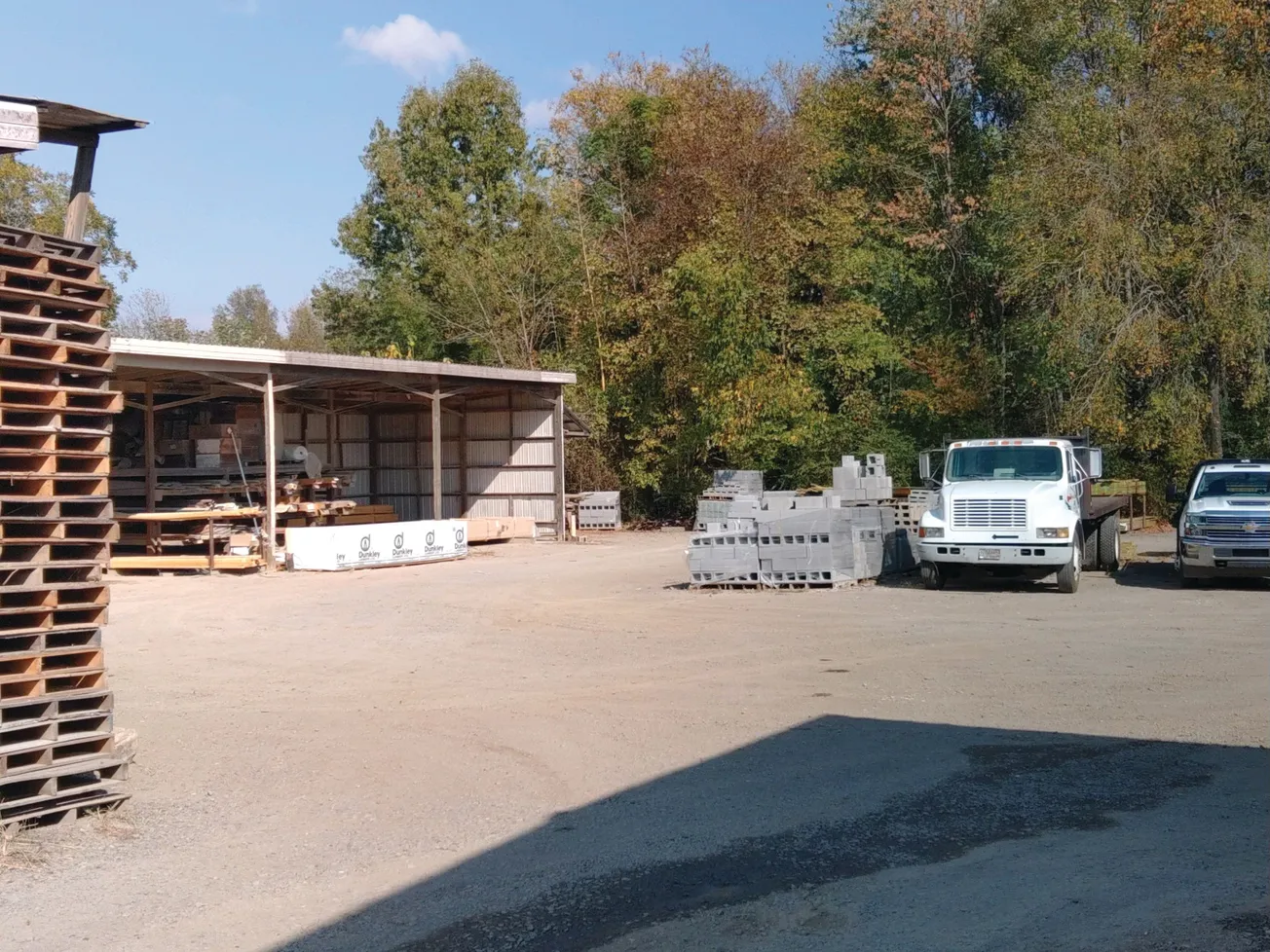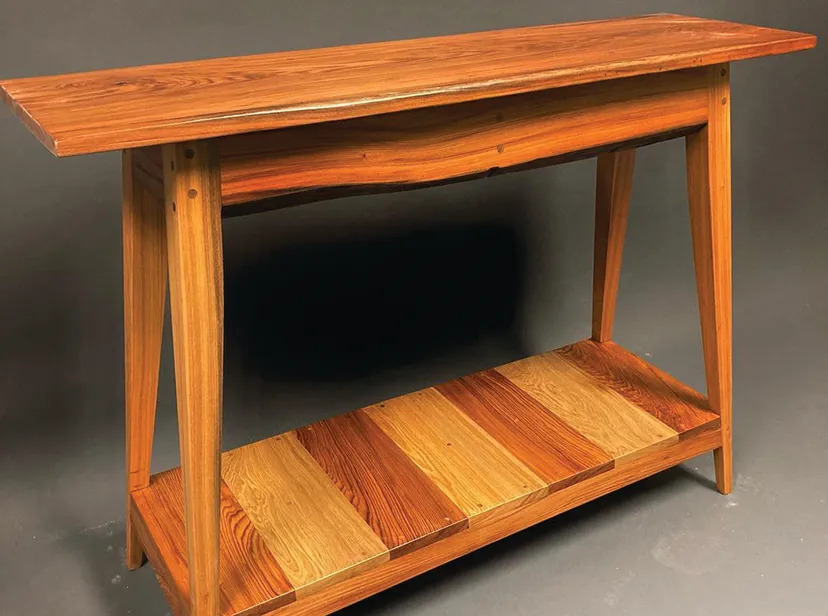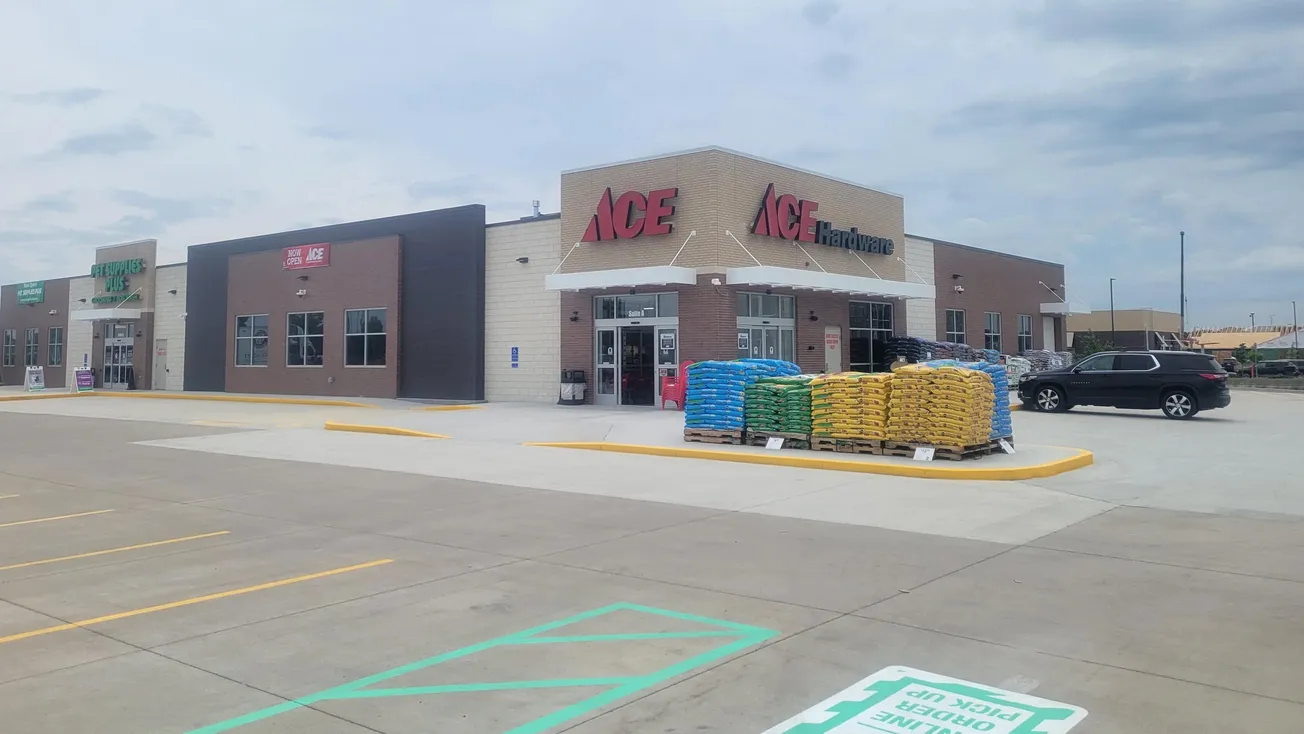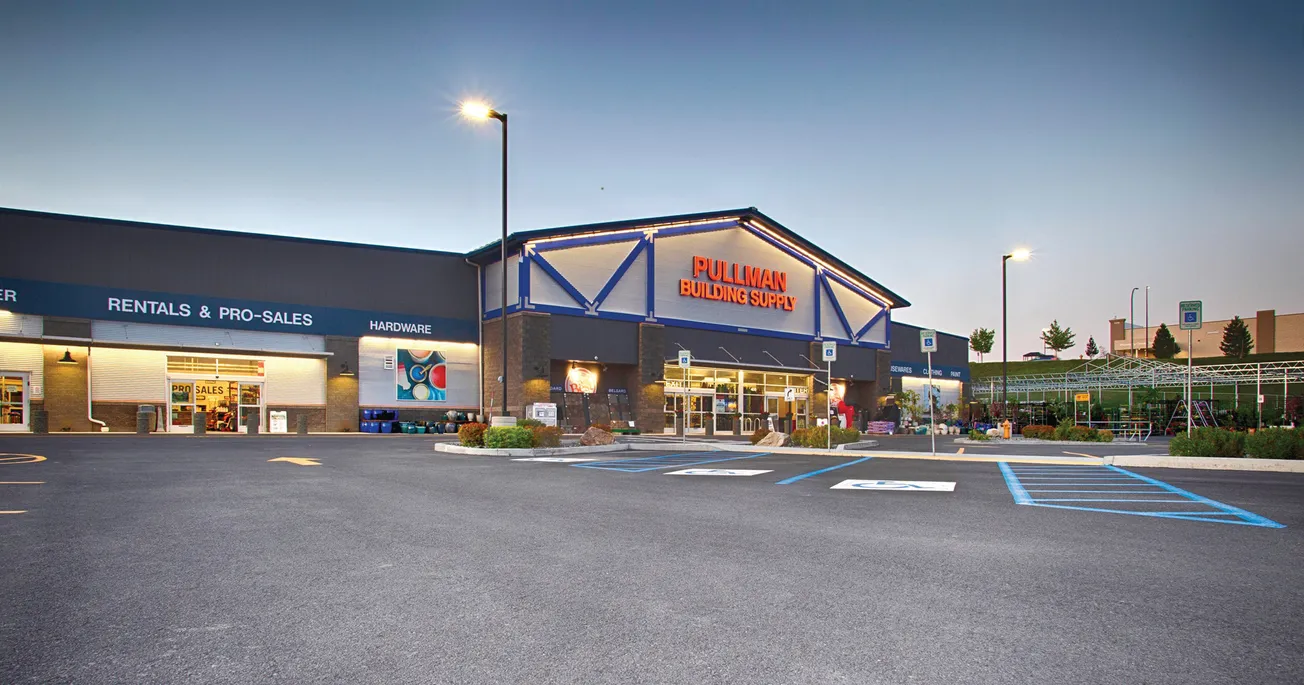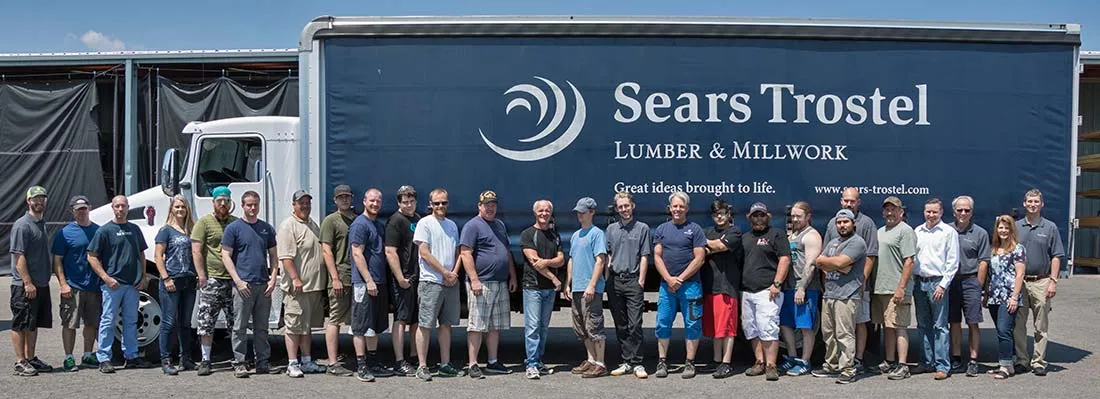Table of Contents
“Oh, there’s no such thing as tracts here,” explains Robert Ashley, president and CEO of Triple A Building Center, hunkered in the far-far-northern tip of New York State. “Our builders might do one or two houses a year. We’re the largest county in the state (larger than Rhode Island), but we only see 10 to 20 housing starts a year. The per capita income here is one of the lowest in the entire country,” he underscores.
“To keep in business, we need to look at all facets—a lot of remodeling, plus the prison system. Lots of small contractors working as weekend warriors. So, we look to serve the whole gamut, including hardware.”
The area’s fortunes—for good or for not-so—are tied to that of Alcoa, the major player here. “During the downturn,” Rob recounts, “they decided to pull out, and everything slid down. Everybody closed their checkbooks: the ripple effect. Finally, the state gave them $42 million to stay open three years. And today, the government tariffs are helping. Alcoa’s now doing well, getting business back.”
“The economy’s kind of different here,” he explains. “When other parts of the country slowed down in 2008, we went up. But when they bounced back, we shrank. Because of”—again—“Alcoa.”
But Rob never bailed. For one thing, he’s too young to retire. For another, the lumber business is all he’s ever known. And loved.
The family business got its start when Rob’s dad was in college and Uncle Johnny picked up a yard that was for sale. “My dad took over, one year after getting his accounting degree. He bought it in 1955. In 1971, he moved to Massena and started Triple A—built it from scratch. In 1976 he purchased a second location in nearby Canton, and another in Potsdam in 1978.”
So Rob—today’s second-generation owner—grew up amid the sawdust. “I rode along in the trucks when I was six or seven. They paid me $1 a day, and I thought I was rich!” he laughs. He worked during school vacations, moving up the chain from delivery to an inside slot. In 1985, when I finished college, I was actually running the company. I’d sunk my feet in the ground. I got married in 1987 and had a son (who’s now in the business) in 1989.
“When I took over at age 25, most of the staff was older, had been with the company long before I had. I was hearing, ‘He’s too young. Never make it.’ To counter that, I got competitive and was determined to prove them wrong.” Maybe Rob couldn’t buy entire carloads of this and that, “but I showed vendors why it was good for them to do business with us anyway—as the largest building materials outfit in the area—because of our product knowledge and good people.
“Because of that, we experienced low turnover. (However, now we’re seeing some growing pains as those managers are aging and nearing retirement.) Because I viewed myself as pretty young, I looked to the managers for knowledge. With that frame of mind, I also continue to learn from our younger employees, even if I’m the boss. It’s a trust factor; we’re all on the same team.”
These days that staff numbers 48 (scaled down from 72 in the company’s heyday). They represent quality hires, in large part because Triple A has a job application form that’s—gulp!—12 pages long. “Long, but meaningful!” insists Rob. “We use it as a sorting tool, so instead of talking to 30 people, we interview the top three. This leads to long-timers, which in turn helps us with product knowledge.”
During the winter slowdown, November through March, training becomes intensive. Wisdom Wednesdays are held in conjunction with vendors—half-day sessions that are available to contractor customers, too—dealing with, for instance, shingles, “the pluses and minuses. Also, we participate in training with our co-op and the NRLA. We want to get across the message that knowledge isn’t useful knowledge unless you pass it on rather than jealously guard your turf.
“We hold directors meetings, too—for, say, marketing, HR, etc. And managers meetings, where we sit down to hash things through. Our managers are enabled to make OTJ decisions because I trust them. If I disagree, I’ll talk it through with them later. And they help decide on product lines. Take,” he offers, “caulking. All three locations need to stock the same one brand so we don’t lose our bulk buying power. But if a manager wants to add a second line, he can choose to do so.”
Triple A’s three locations are otherwise run “totally separately. Potsdam is a contractor yard. Camden is the building materials location, plus a showroom. And Massena has a home center with décor, flooring, etc., and a very good following in the whole county. Massena is Alcoa’s base and the other two are college towns. Our contractors will visit all three stores in a week’s time. We deliver within a 60-mile radius, which keeps our trucks busy in summer months,” Rob adds.
“We remodeled all three stores in 2015. We’d been doing updates every five years or so, but those had always been somewhat independent of each other. So in 2015, we decided to go full-blast at all three, giving them the same exterior look, similar interiors and products. (We do a lot of transfers between them for next-day pick-up, too.)
“The effect on our employees was great! It brought us back together. A morale-booster. Back into the same family. It helped develop our team by including all three locations in ‘This is the vision.’”
Customers experienced the same positive reaction. “We added bright outdoor lighting, too. ‘Nice new store,’ a first-time customer told me. ‘Not new. We’ve been here since 1975.’ So, yes, it’s bringing in new people. After the grand opening last spring, we’re definitely seeing more foot traffic, and everything will flow from there.”
Keeping the momentum going, Triple A hosts Ladies Nights in all three locations, complete with coat check, wine tasting, and hors d’oeuvres. It also holds contractors’ breakfasts and dinners. And why do those pros gravitate to Triple A? Low staff turnover plays a big role. (Consider employee Mike Pollack, who signed on in 1976 and now serves as a manager of the Massena store. He’s kept records of transactions ever since, “which helps our contractors immensely when doing research. He goes the extra mile,” swears his boss.)
“Plus,” Rob continues, “the pros know I’m always here—one of the first in the door in the morning and last one out at night. I keep an open door, and they know they can come to me for satisfaction: They have confidence in that.”
Always on the lookout for ways to improve his game, Rob is a big fan of roundtables, held throughout the country. “I can ask a question—say, should I take on xxx new line?—and get an answer from West Virginia and have confidence in it. And if something were to happen to me, my son and wife could call these people for help with the business.”
To keep tabs on the competition, Triple A conducts customer surveys, does price checks, and monitors rivals’ websites. Sales associates keep their ears open, too, and report any scuttlebutt.
But there have been times when Rob refused to listen to “expert advice” in favor of his gut instinct. “We’d learned that a Home Depot was going to open in Massena in 45 days and were told by advisors how it would set us back by 50% and to prepare for the worst.” Rob’s reaction: “Nope, we’ve got a good location and good people. We can handle our own. Other independents around here shut down when they heard the news, but instead we started our remodel. We kept our good guys and picked up their key employees. And after Home Depot opened, our sales went up! We saw trucks come out of their parking lot and head up the hill to us.”
Speaking of trucks: Canada lies just a few miles north, and with the American dollar doing better than theirs, Triple A found that Canadians would ask for packages (Amazon, etc.) to be delivered to the Massena store for pick-up (18,000 to 24,000 packages a year). “It creates great foot traffic for the store; we sell them tires galore, for instance.”
Thus, Triple A has muscled through some challenging economic situations. Today there’s light at the end of the tunnel, shining off all those bright Alcoa products. “With that company growing again, employment is up all over—the ripple effect once more. There’s all the more reason to play the game, deciding to fight; take on different niches.”


